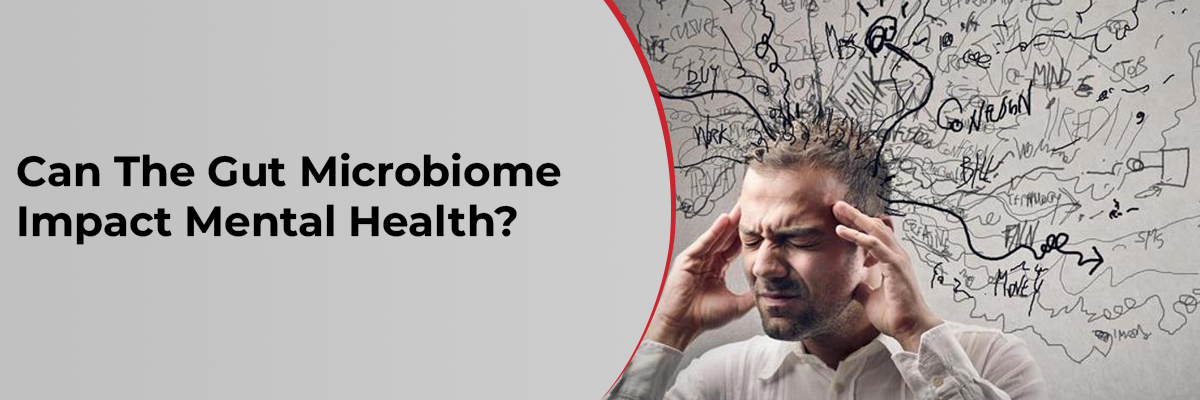
 IJCP Editorial Team
IJCP Editorial Team
Can The Gut Microbiome Impact Mental Health?
The gut-brain axis interacts with the gastrointestinal system and brain through neurotransmitters produced by the gut microbiota – impacting our mood and emotions. The gut-brain axis is a communication system through which the microbiota in our gut produces neurotransmitters that influence our sense of well-being. Imbalances in the gut microbiota can disrupt neurotransmitter production and contribute to mental health disorders such as anxiety and depression.
The gut-liver-brain axis is a complex system involving interactions between the gut, liver, and brain that affect our well-being. Disruptions in the gut microbiota can lead to a "leaky gut," allowing harmful substances to enter the bloodstream and affect the liver, potentially causing inflammation and liver damage.
A healthy gut can be maintained through probiotics, stress management, toxin avoidance, and a healthy diet. Meditation, exercise, and relaxation can reduce stress and support the gut-liver-brain axis.
While evaluating patients with mental health issues, a thorough medical evaluation, including assessing gut health, liver function tests, and neurological assessments, is essential. Restoring balance in the gut-liver-brain axis involves the use of medications, mental health interventions, and lifestyle changes.

IJCP Editorial Team
Comprising seasoned professionals and experts from the medical field, the IJCP editorial team is dedicated to delivering timely and accurate content and thriving to provide attention-grabbing information for the readers. What sets them apart are their diverse expertise, spanning academia, research, and clinical practice, and their dedication to upholding the highest standards of quality and integrity. With a wealth of experience and a commitment to excellence, the IJCP editorial team strives to provide valuable perspectives, the latest trends, and in-depth analyses across various medical domains, all in a way that keeps you interested and engaged.










.jpg)








.jpg)


Please login to comment on this article